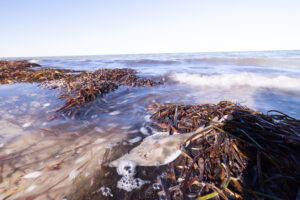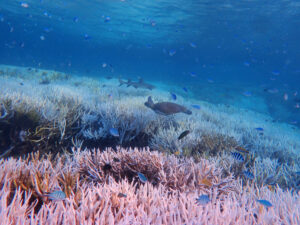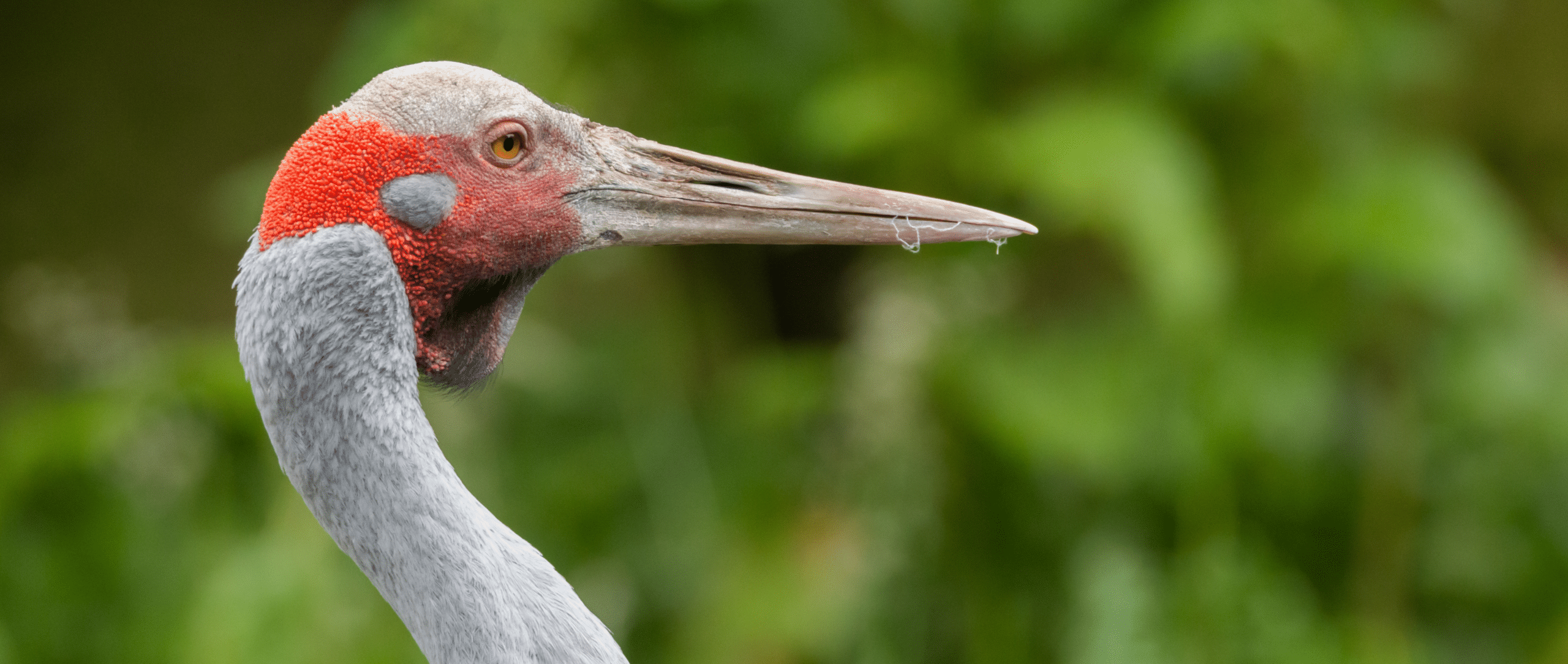SYDNEY (January 14, 2026)— Humane World for Animals Australia (previously known as Humane Society International Australia) is proud to have secured protection for two Murray Darling Basin wetland ecosystems under Australia’s new nature laws announced by Federal Environment Minister Murray Watt today. The Lower Murray, including the Coorong at the river mouth, and the Macquarie Marshes have both been listed as Critically Endangered “Threatened...
- Expedited assessments of impacted species welcomed
- Strong nature laws are the safety net the ocean, and communities that depend on it
need.
The Australian Marine Conservation Society (AMCS) and Humane World for Animals have welcomed today’s announcement by Federal Environment Minister Murray Watt to expedite an assessment of the impact of South Australia’s catastrophic algal bloom on local marine life, with a view to adding at-risk species to the national threatened species list. The groups say the fast-tracked assessment is a critical first step to protect rare and vulnerable species – including the great white shark, coastal stingaree and pygmy thornback skate – from being pushed closer to extinction by the climate-driven event.

“The algal bloom disaster is hammering species that are already on the brink. Fast tracking assessments is the right call and shows the government is listening to the science – but the real test will be how quickly we can get any listings in place to deliver much needed protections through recovery actions,” said Alexia Wellbelove, Threatened Species Campaign Manager at AMCS.
Humane World for Animals and AMCS wrote to Minister Watt in July urging immediate conservation intervention for the three species most at risk:
- Great white shark (Carcharodon carcharias), with an effective population size of fewer than 500 individuals
- Coastal stingaree (Urolophus orarius), an IUCN-listed Endangered species found only in South Australia and in steep decline
- Pygmy thornback skate (Dentiraja flindersi), a rare, range-restricted species with little known about its population status
“These and other vulnerable species are found in exactly the waters hit hardest by the bloom, and already under pressure from fishing and habitat loss,” said Lawrence Chlebeck, marine biologist with Humane World for Animals. “Without urgent targeted conservation action, we risk losing them forever.”
The groups called on the Albanese Government to ensure the Threatened Species Scientific Committee is fully resourced to carry out the work swiftly, and to develop recovery plans that address both immediate threats and long-term resilience in a warming ocean.
“This devastating bloom is yet another stark reminder that climate change is not a distant threat – it’s here now, hitting our ocean and the communities that depend on them,” Alexia Wellbelove said.
“Strong nature laws are the safety net our ocean needs – urgently – to protect these species. Alongside tackling the climate crisis head-on, they are essential to ensure our ocean is better protected and restored.”
Media contact:
Alexia Wellbelove – Threatened Species Campaigns Manager, AMCS – 0422 852 802
Lawrence Chlebeck – Marine Program Manager, Humane World for Animals – 0481774581

About the Australian Marine Conservation Society (AMCS):
The Australian Marine Conservation Society (AMCS) is Australia’s leading voice for ocean conservation. As an independent charity, we have been protecting our precious marine life and habitats since 1965. We are a passionate community of scientists, educators, and advocates dedicated to safeguarding Australia’s oceans. Our work has helped establish vital marine reserves, protect endangered species like the Australian sea lion, stop super trawlers and lead efforts to ban whaling. From the Great Barrier Reef to Ningaloo, together with our community of ocean lovers, AMCS fights for healthy oceans and marine wildlife every day.
About Humane World for Animals:
For more than 70 years, Humane World for Animals—formerly Humane Society International—has been a leader of the animal protection movement, tackling the root causes of animal cruelty and suffering to drive lasting change and create a better world for all animals around the globe.
Imagery available on request.


